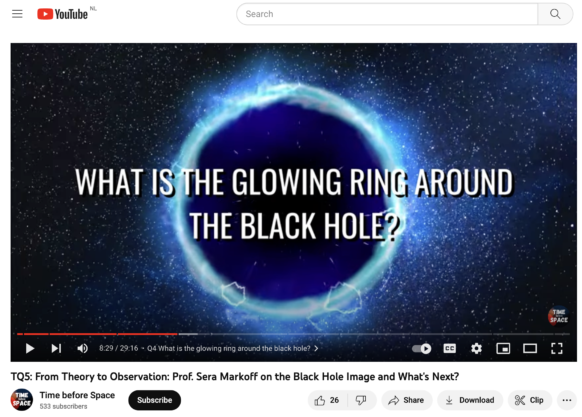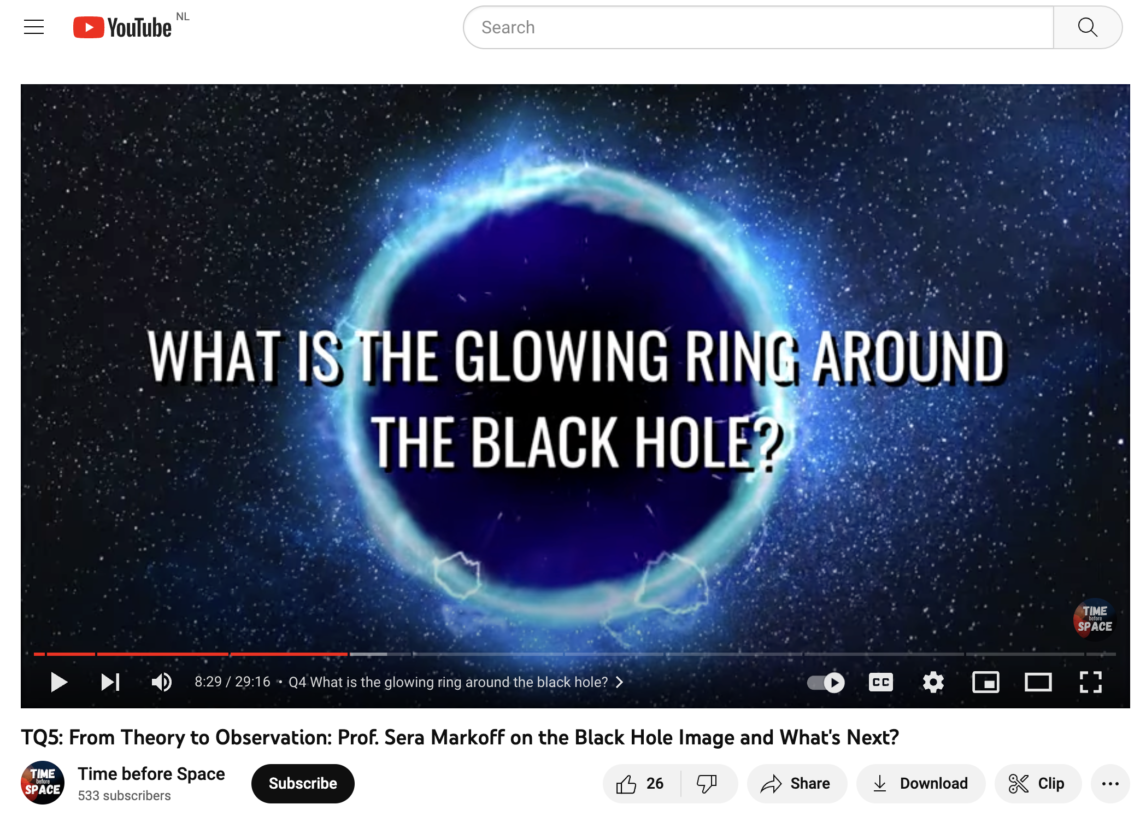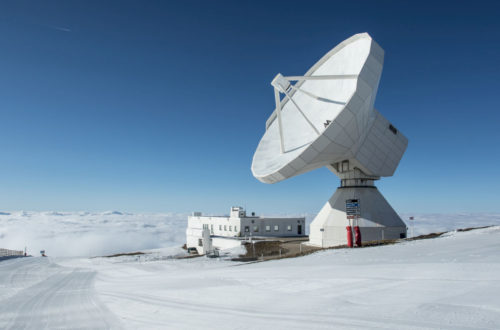Ok I am super tardy with my turn to do our research group’s blog, but there’s always a lot to juggle between running a group at a university, and all the other things I do as a professional scientist. However I do always make time for a significant amount of engagement with the public about science, on many different levels. For instance I am in the 7th year of running a project where a team of volunteers (mostly university students) and me go to a local elementary school in an under-served community near our campus, to give lessons throughout the year about science. I’m often asked not only how I find the time, but also why I put so much time into things like this, given how busy I am. Besides the strong feelings I have about science being publicly funded and it’s part of our job to make sure people know what we do with that funding, I have personal reasons because if I hadn’t been exposed to science at my elementary school I’m fairly sure it would never have occurred to me to be interested in it. Numerous studies have shown that kids make up their minds about science very young, so particularly if we want to increase the diversity in backgrounds of kids who eventually choose to attend university and to study STEM, we have to start with elementary school, and ideally continue engaging and supporting kids to keep going with it.
Another reason (which for me maybe was the effect more than the cause, but now it’s become a bit of a mantra if you ask my group members) is that learning to engage with the public about science has the wonderful side-effect of making us better scientists. This may not sound obvious, particularly to junior scientists who often think it’s all about spending time on the science itself, but what people often don’t realise is that success in science depends equally on being able to explain what you do well. Why?Because most academic/research positions these days require an interview and a talk, so if you can’t get people excited about what you’re doing, you likely won’t get the job. Also to conduct science you need data and/or funding (usually both), and to get either requires writing very competitive proposals that are typically judged by non-experts in your sub-field. The bottom line is that talking to, and engaging with, the public about science should be fun if you like what you do anyway, but it’s also good practice for learning how to step back from the daily details and put things into a larger perspective. Also, on bad days it gives me positive energy, and helps me remember how fortunate I am to have a day job where I get to study the amazing Universe we live in!

Anyway so that also explains a bit why we have a rotating roster of blog posts in the group, and is a long preamble to a recent example of an interview I did with a PhD student at Ohio State U, Madhur Mehta, who asked me after I gave public lecture there if I would be part of a YouTube interview series he’s doing (“Time Before Space”) where he asks mostly theoretical physicists to explain their work at a publicly accessible level. This is a bit of a special case as it’s aimed more at junior physics students and a more informed public than a lot of what I do, which is for people with zero science background. But I thought his questions were really good and probably a lot of this is accessible for most people anyway. Plus if you look closely you can see some of my extensive music collection plus some space related Lego sets and action figures!




